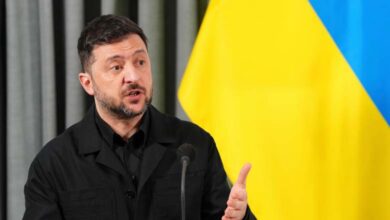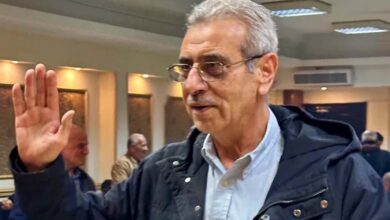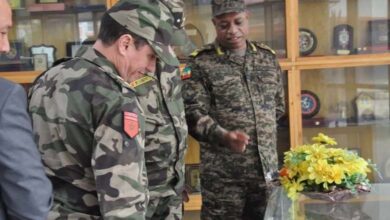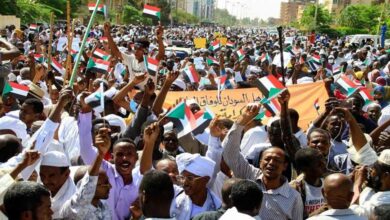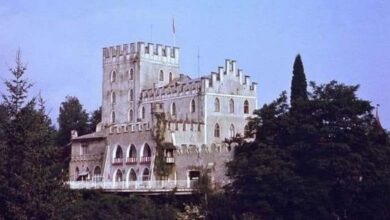Libyan parliament :fails to decide on election fate
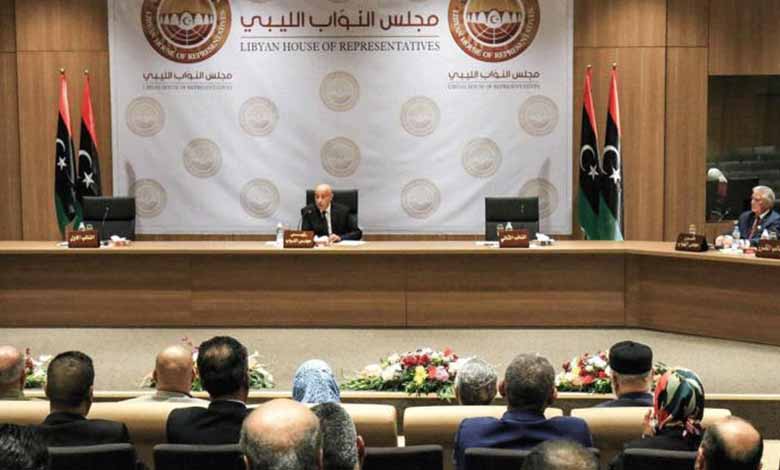
The election was meant to have taken place on Friday as part of a wider push to end a decade of chaos and violence in Libya by installing a new president and parliament with national legitimacy, but it was delayed after disputes over the rules.
- The Libyan presidency denies the attack by armed groups on a hotel where they meet
- Dbeibah after the Blinken meeting : Libya mercenaries must leave
Candidates, political factions, and politicians have since squabbled over how long the election should be delayed and whether Prime Minister Abdulhamid al-Dbeibah’s interim Government of National Unity (GNU) can continue in the meantime.
Monday’s parliament session was the biggest since Dbeibah’s government was installed in March and the first since then to bring together legislators from all of the long-divided chamber’s warring factions.
Libya’s electoral commission had said last week that the election could not take place, citing what it called inadequacies in the electoral legislation and the judicial appeals process and suggested delaying the election to Jan. 24.
A parliamentary committee on the elections submitted a report on Monday saying that if problems were not addressed then it would also be impossible to hold an election on that date.
The televised session broke up after shouted arguments and is expected to reconvene on Tuesday to vote on proposals including a delay to the election.
It is also likely to address the fate of the GNU and its leadership by Dbeibah, whose role as presidential candidate was one of the major causes of the electoral disputes. The parliament’s electoral committee report urged changing the government.
Some argue that Dbeibah should not have been allowed to run for president after promising when he took office that he would not do so, and that it is unfair for him to take part in the election while still serving as prime minister.
UN Special Adviser Stephanie Williams said on Monday that the main focus should be on the elections rather than on the fate of the GNU. However, she also said there should be a “level playing field” and no candidate should have unfair advantage from running while holding an official role.
Western powers last week said they considered the GNU valid until a handover of power to a new government after a prompt election, but they did not comment specifically on Dbeibah’s role as premier.
Parliament was elected in 2014 in a poll that triggered Libya’s split between warring eastern and western factions, and the main group of legislators sided with the east during the civil war.



